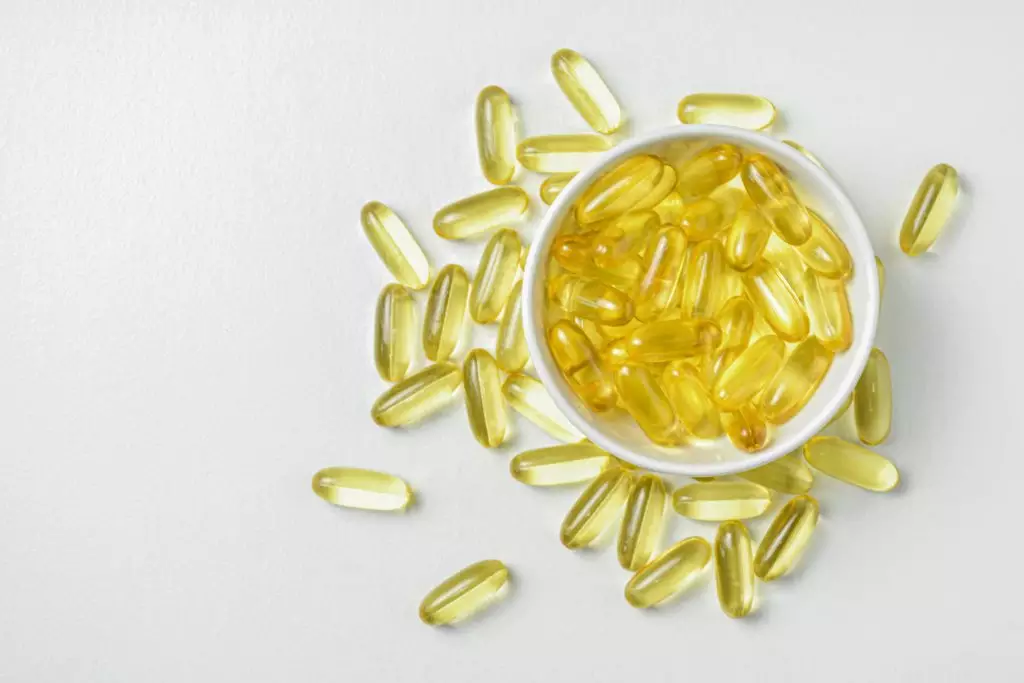
Vitamin D3, also known as cholecalciferol, plays an essential role in our bodies. It is often called the sunshine vitamin because our skin produces it in response to exposure to the sun’s UVB rays. This article takes you on an in-depth exploration of this essential vitamin.
This vitamin is vital for a number of crucial bodily functions:
Bone tissue benefits greatly from vitamin D3, which promotes the absorption of calcium and phosphorus, which are essential for strong bones. A vitamin D3 deficiency can lead to problems such as osteoporosis or osteomalacia in adults and rickets in children.
The muscular system also requires vitamin D3 to maintain optimal function. Strong, responsive muscles depend on a sufficient intake of vitamin D3, which also reduces the risk of falls and injuries, particularly in the elderly.
The immune system uses this vitamin to regulate immune responses. This helps strengthen the body’s natural defences against infections and autoimmune diseases. Adequate levels of vitamin D3 are often linked to a lower incidence of colds and flu.
To maintain optimum levels of vitamin D3, it is essential to be aware of the different sources available:
Exposure to the sun is the most natural and effective source of vitamin D3. Around 10 to 30 minutes’ exposure without sun cream is enough to produce a significant amount of this vitamin. However, various factors such as latitude, season, time of day and skin colour influence this production.
Certain foods are naturally rich in vitamin D3. Here is a list of these important nutritional players:
Many processed foods are fortified to become additional sources. Fortified foods include dairy products, breakfast cereals and certain fruit juices.
Food supplements may be necessary for those who are unable to obtain sufficient vit D3 from other sources. They generally come in the form of pills, capsules or drops. A health professional should be consulted before starting any supplement to determine the appropriate dosage.
Different population groups have different vitamin D3 requirements:
Elderly people produce this vitamin less efficiently through exposure to the sun and often need to make up for it with food supplements or a specific diet.
During growth, young people need more vitamin D3 to ensure healthy bone and muscle development. Parents should ensure that they include food that is rich in vitamin and, if necessary, use appropriate supplements.
Pregnant and breastfeeding women also have increased needs to support their own health and that of their developing child. Regular consultations will help to adapt their dietary intake and supplement them if necessary.
Paying attention to the signs and symptoms of a deficiency means you can act quickly:
A deficiency can manifest itself in muscle pain, general weakness, cramps and even frequent fractures due to brittle bones.
Deficiencies of this vitamin can affect mood and lead to depression, chronic fatigue and sleep disorders.
In the long term, persistent deficiency leads to an increased risk of cardiovascular disease, type 2 diabetes, certain forms of cancer, and weakens the immune system.
Several variables have an impact on vitamin D3 levels in the body:
Regions far from the equator receive less UVB light, reducing natural synthesis. Weather conditions, particularly in winter, also limit the amount of sunlight available.
Skin pigmentation can reduce the effectiveness of vitamin D3 production. Dark-skinned people need more time in the sun than light-skinned people to obtain similar levels.
Spending a lot of time indoors, wearing covering clothing and frequent use of sun cream inhibits the ability to produce it. In addition, certain professions naturally limit exposure to the sun.
